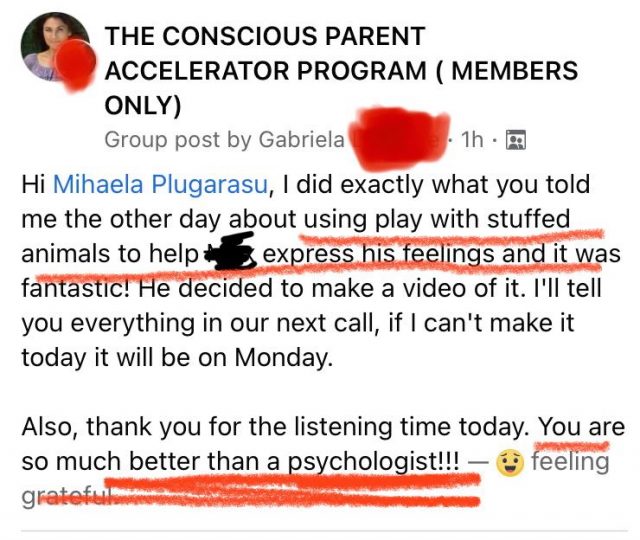Hello, dear conscious parent 💟!
Today I want to talk about tests and exams – caused stress in young children. I am personally very upset with the public educational system in Florida, where schools are mandated to administer standardized testing in 3rd grade to “determine whether we have equipped our students with the knowledge and skills they need to be ready for careers and college-level coursework.” (Florida Statewide Assessments – FSA Guide).
As much as I support college readiness, I do not support the theory that elementary school students benefit from being tested so early. Their brain is not yet prepared to manage the levels of stress created by teachers, parents and principals who constantly push their kids to “do well at the test”. I have heard young children telling me: “My life depends on passing the FSA”.
I invite all parents to reflect on my proposal: your children are under more stress than they can truly handle at their age, and that’s why they can’t focus; they procrastinate; they think they are “not smart enough”; they show anger and frustration; they feel helpless; they become aggressive. Basically, they live in chronic stress and need your help.
Here are 5 ways to help your children with stress caused by tests and exams:
1. Manage your own expectation of your child. Are you stressing over your child grades? Are you pushing your child to get all A’s and “get honor roll” ? Are you a perfectionist? Are you allowing mistakes and failures?
2. Increase your level of self-awareness. Are you projecting your own fears of failure on your child? Do you get upset when your child refuses to do homework? If so, why? How do you react? Spend time in self-reflection answering these questions.
3. Increase the time of FREE PLAY. Allow your child to have at least 60 minutes a day of free play, which means unstructured and unplanned play. Let your child free to decide on the play or the game (no video games, please!), ideally outside and with other children. If you get involved in the play, please make sure to follow the child’s lead (unless physical safety is at risk). {Read my article Play to Connect for more ideas – click here}
4. Maintain a regular frequency of Special Time. This is a wonderful tool for connection in which the child “does whatever she/he wants” for a time period that you announce ahead of time.
5. Ensure that your child sleeps 8-9 hours a night. Keep your bed routine consistent. Scientific research tells us about the many benefits of a full-night sleep, such as increased attention and focus, better memory and vocabulary, and increased resiliency.
Speaking of my course, here's what a parent in my Conscious Parent Accelerator Program told me this week:


